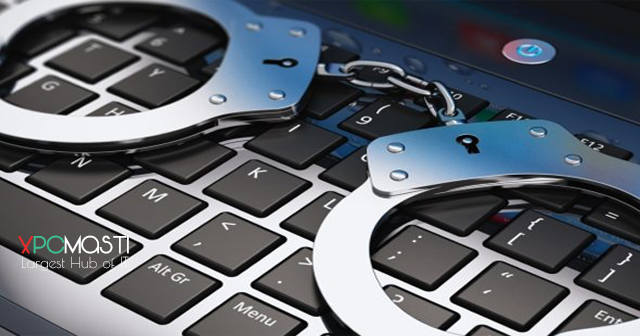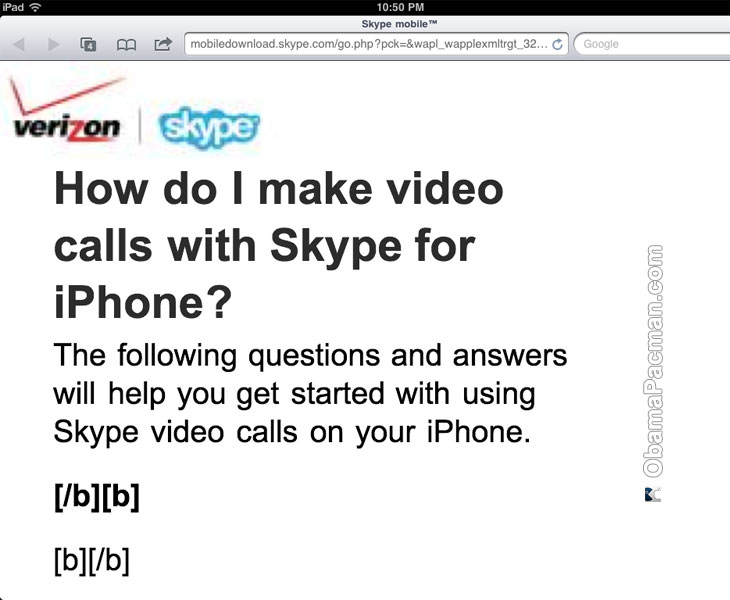
It also urges any other such victims to get in touch (they had better hang on to the Guardian's contact details given Perris's experience of complaining) and adds: "We are working to improve the way the two companies handle similar claims in future, following the Guardian's interest." Happily, after ruminating for 31 days on the Guardian's intervention, PayPal has decided that Perris's payments were unauthorised after all and should be refunded. "Neither Skype nor PayPal will request user account details such as passwords or sensitive personal details in an email, and customers should never share such information in response to an email or phonecall." "We encourage our customers to ensure they have the latest firewalls, anti-spyware and anti-virus software on their computers, and provide additional advice to help them protect their credentials from the actions of fraudsters," a spokesman says.

PayPal declares itself baffled by the phenomenon and insists there is no evidence of security breaches at its end. In all cases the money appears to have vanished overnight without explanation, and PayPal and Skype have declined to do anything about it.

All PayPal customers use secure passwords and none have reported any phishing emails angling for their security information.

The other is that PayPal and Skype were previously sister companies, both part of the eBay conglomerate until the latter sold Sykpe at the beginning of the month. One is that cyberspace teems with the laments of others who have also watched unauthorised payments vanish from their PayPal accounts to fund Skype services they never ordered. There are two fascinating elements to her saga. "PayPal's website highlights its commitment to security over and over, but it seems to be your word against theirs when your money has been stolen," Perris says. It insisted there was no evidence of unauthorised activity and declared that if Perris wished to read the results of its investigation into her case she would have to write to an address in the USA.


 0 kommentar(er)
0 kommentar(er)
